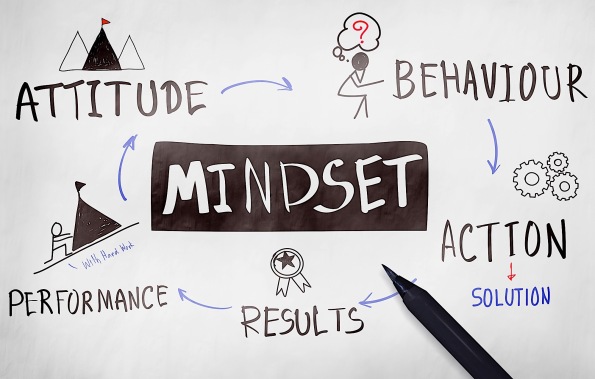Archive
Let Mindset-Driven Marketing Power Your Digital Marketing

Mindset
It’s always about your customer’s desires, concerns, and questions.
I have been defining the customer’s Mindset as the desires, concerns, and questions that they have when they set out on their buying journey.
My biggest concern when looking for an alternative to Jet was how well passengers were treated.
Their desires, concerns, and questions when setting out to buy your product or service are very specific.
If you are selling software, there will be very specific concerns that your customers have, but one thing you can add to the list automatically is this: One of their biggest concerns is that they will be sold on the demo and disappointed by the reality.
You need to know exactly what their desires and concerns are in order to make an offer that will catch their attention and appeal to them immediately and deeply.
Ask them, after they have bought from you, what they were looking for and what their desires and concerns were.
If you don’t address these burning issues, immediately, they will click away. That’s one thing all digital marketing efforts have in common: The customer reaction is immediate. You have nanoseconds to either attract them or lose them.
“Personas” (who your buyers are) and “channels” (where your buyers are) are helpful but first get the Mindset part RIGHT. Your digital marketing strategy has to start with their Mindset, or nothing you do will work.
Social media is not technology. It is about social science.
Social science can be defined as the study of society and human behaviors. In social media too, everything comes down to people and their behavior. However, many a time technology is given more prominence than the people who form the customers or stakeholders. The people’s challenges and aspirations have to be understood. This understanding will take us a long way in connecting and communicating with the customers. In majority, companies embrace social media without the benefit of this deeper understanding.
Recent studies and researches have proved that inspite of companies being confident about their abilities to study the pulse of consumers, they have hardly taken the initiative to find the needs and expectations of the consumers from a particular engagement. This leads to the conclusion that the companies are not delivering value in the social and mobile networks. It is imperative that businesses see and value customer relationships.
Social media as a concept itself cannot help the companies foster relationships with the customers. The technology helps in connecting with the people. Pursuing friends, fans and followers does not mean delivery of value. Relationships are not a static concept, it is evolving and multidimensional. Connected consumers arrive at a decision by evaluating the shared experiences of those with whom they have common interests. Their various steps are influenced by the insight of others and their decisions are fed back into the cycle to inform others.
It becomes relevant that intelligence be favored over social media monitoring. To help the businesses to better understand their customers and what they value to inspire. Intelligence can be used as a key to meaningful engagements and also to increase awareness. A deep understanding of customers’ online behavior instead of just monitoring it will help in empathy and harmony ultimately leading to the art of engagement – i.e inspiring desired actions, reactions and transactions.
People form a part of the problem by causing disruption based on the way they view technology and exert its power online. Over time, this influences all concerned to various extents. In such a situation, with empathy and intelligence the companies can try to appreciate and correlate to the customers and build a deeper and stronger relationship with them leading the organization itself in a promising direction.
Content that amazes people, are likely to go viral
It has been observed and proved that contents that arouse emotions in you be it happiness, anger or admiration, are the ones that are most likely to be shared online by you. Content evoking positive emotions like awe is likely to be more viral than negative emotions evoking content like anger or anxiety. Apart from the positivity evoking contents, people also share contents that stun them as well as contents that deflate them. However, the former is more viral then the latter. In spite of these findings, not all good feelings inspire people to share a link nor does a negative evoking emotion stop them from sharing a link.
It is not just the emotions portrayed in the contents that are decisive in a link being shared. A number of other factors that play a vital role in sharing links are a feeling of contribution to an important cause, a feeling of social connection by sharing, getting positive feedback for the shared links, a feeling of well-being about being intellectual, practical or artistic. The choice of environment for sharing is also to be considered. Some platforms of social media are not conducive to social communication.
It is important for content creators to give a thought to emotion while writing their articles. Articles that are only simply lists or pure instructions simply do not inspire readers to share the links. Moreover, sharing links is what digital marketing is all about. Emotion evoking contents are more likely to be shared which in turn leads to higher revenues. It is not necessary that only positive emotions have place in contents, many negative emotions provoke immediate actions when shared, as in an unhappy customer sharing his grievances against a company.